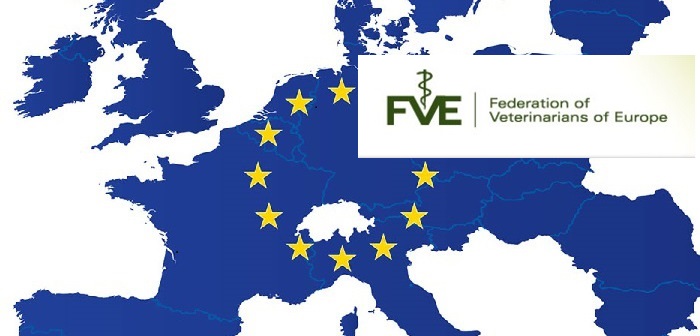Europe’s vets have agreed a draft position in relation to the treatment of coccidiosis, calling for improved veterinary supervision as a matter of “urgency”, and putting their views out for member consultation by the end of February.
The current position on coccidiostats or anticoccidial drugs in treating the condition was published by the medicines working group of the Federation of Veterinarians of Europe (FVE), following its first meeting of 2016, held in Brussels last week.
While the working group agreed that the use of coccidiostats or anticoccidial drugs remains necessary in modern animal husbandry in the EU, it also stated that the development of resistance is “threatening the efficacy” of these products.
“The spectrum of activity of a coccidiostat must be taken into account when examining resistance,” it was stated in the group’s post-meeting report. “Additionally, some coccidiostats have antimicrobial activity.
“Coccidiostats can also interact with other drugs and raise severe adverse reactions, while the non-adherence of the withdrawal time or feed-cross-contamination can lead to residues being found in food from animal origin, which can cause food safety concerns.
“FVE therefore believes that coccidiostats should be under veterinary prescription, as this would allow the veterinarian to choose the best strategy to extend the useful life of coccidiostats by minimising resistance, to feedback any adverse reactions seen including lack of efficacy and to ensure withdrawal periods are respected.
“FVE would also advise the inclusion of coccidiostats in the ESVAC monitoring system and ensure that the transposition to the new system will be done in a way that will sustain the availability of those products.”
The FVE consultation coincides with the European Parliament’s preparations for a vote in February, at committee level, on proposals regarding legislative changes concerning both veterinary medicines and medicated feed.




